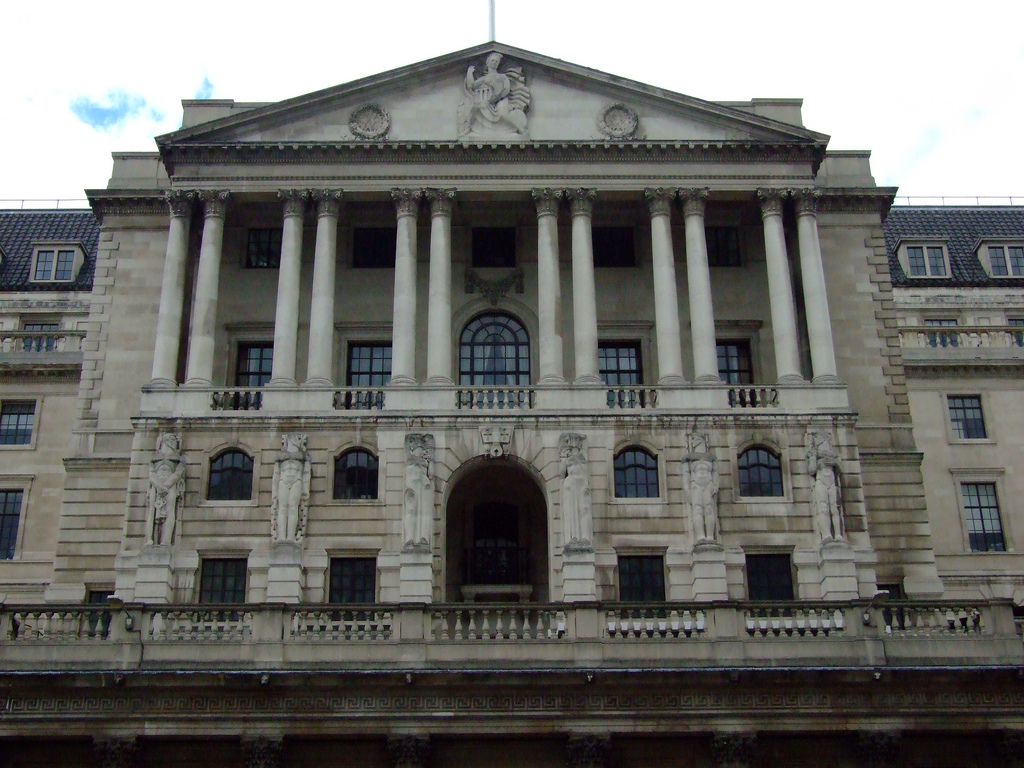News
Bank Base Rate rises for first time in a decade

The Bank of England has confirmed the Base Rate has doubled from 0.25% to 0.5% – the first rise in a decade.
The Monetary Policy Committee (MPC) voted by a majority of 7-2 to increase the Bank Rate from the record low 0.25% to 0.5%.
This is the first time the Base Rate has risen since July 2007. The base rate first fell below 1% in March 2009 and was cut to the record low 0.25% in July 2016 following the UK’s vote to leave the European Union.
The committee cited the above target 3% inflation figure, the uncertainty surrounding Brexit and the effects of sterling, as well as weaker real income growth behind the move.
Minutes from the meeting, stated: “The MPC still expects inflation to peak above 3% in October, as the past depreciation of sterling and recent increases in energy prices continue to pass through to consumer prices.
“The decision to leave the European Union is having a noticeable impact on the economic outlook. The overshoot of inflation throughout the forecast predominantly reflects the effects on import prices of the referendum-related fall in sterling. Uncertainties associated with Brexit are weighing on domestic activity, which has slowed even as global growth has risen significantly.
“The MPC now judges it appropriate to tighten modestly the stance of monetary policy in order to return inflation sustainably to the target. Accordingly, the Committee voted by 7-2 to raise Bank Rate by 0.25 percentage points, to 0.5%.”
The committee unanimously voted to continue with the programme of corporate bond purchases (£10bn) and UK government bond purchases (£435bn).
Market reaction to the rate hike decision:
‘Inevitable correction’
Jeremy Duncombe, director of Legal & General Mortgage Club, said: “This interest rate rise is the inevitable correction we have been expecting. 0.5% is where the base rate had held for nine years, so there is no need for consumers to be alarmed by today’s increase.
“Despite this being the first rate rise in almost a decade, it should be seen more as a return to the ‘new normal’ for consumers. Anyone worried about what this means for their mortgage payments should get in touch with a mortgage broker, who will be able to discuss how this will impact them personally and what steps, if any, they need to take next.”
‘Families will be hit harder’
Lisa Hooker, UK head of consumer markets at PwC, said: “We don’t expect the interest rate rise to have an immediate impact on consumer shopping habits, meaning Christmas retail sales should hold up.
“Consumers will begin to feel the effects of the rate rise in 2018 and, when this happens, it is families who will generally be hit harder than the young or retired.
‘Last year’s post-Brexit vote cut created more problems’
Ben Yearsley, director, Shore Financial Planning, said: “Some perspective is definitely needed around this rate rise as the UK economy performed perfectly well for seven years until 2016 at today’s new rate. In my view, last year’s post Brexit vote cut was unnecessary and actually created more problems. Ultra low rates have kept moribund companies alive, stifled innovation, and had a massive knock on impact for pension deficits. Companies having to plug pension deficits, partially due to these low rates, has taken cash away from investment.
“Today’s rate rise is unlikely to be the first of a series, though it does give the MPC some flexibility if any further stimulus is needed in the economy next year. It is now clear the UK is on a different rate path than the US with a further increase expected there in December and more into 2018.
“Main beneficiaries from today’s increase include the banking sector which has the opportunity to increase net margins. However, they will be under pressure to pass rate increases through to beleaguered savers as well as upping the cost for borrowers.”
‘We aren’t out of the woods yet’
Calum Bennie, Scottish Friendly’s savings expert, said: “Will the boy who cried wolf be listened to now? Mark Carney has responded to all the huffing and puffing outside the walls of the Bank of England and increased the UK base rate. However, if commerce and consumers don’t play ball and carry on lending and borrowing excessively, the danger is rates may rise again, this time inflicting real financial pain. While savers are likely to see savings rates increase, cash accounts will continue to lose money as any gains are eaten up by inflation. We aren’t out of the woods yet.”